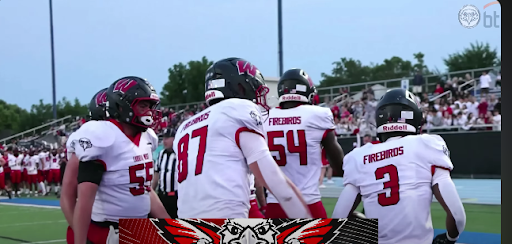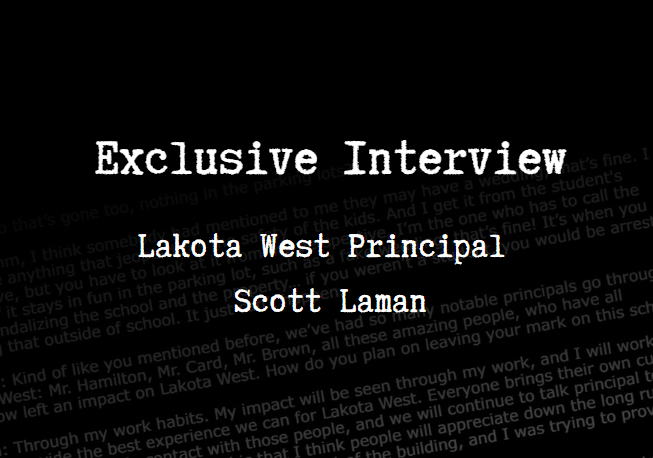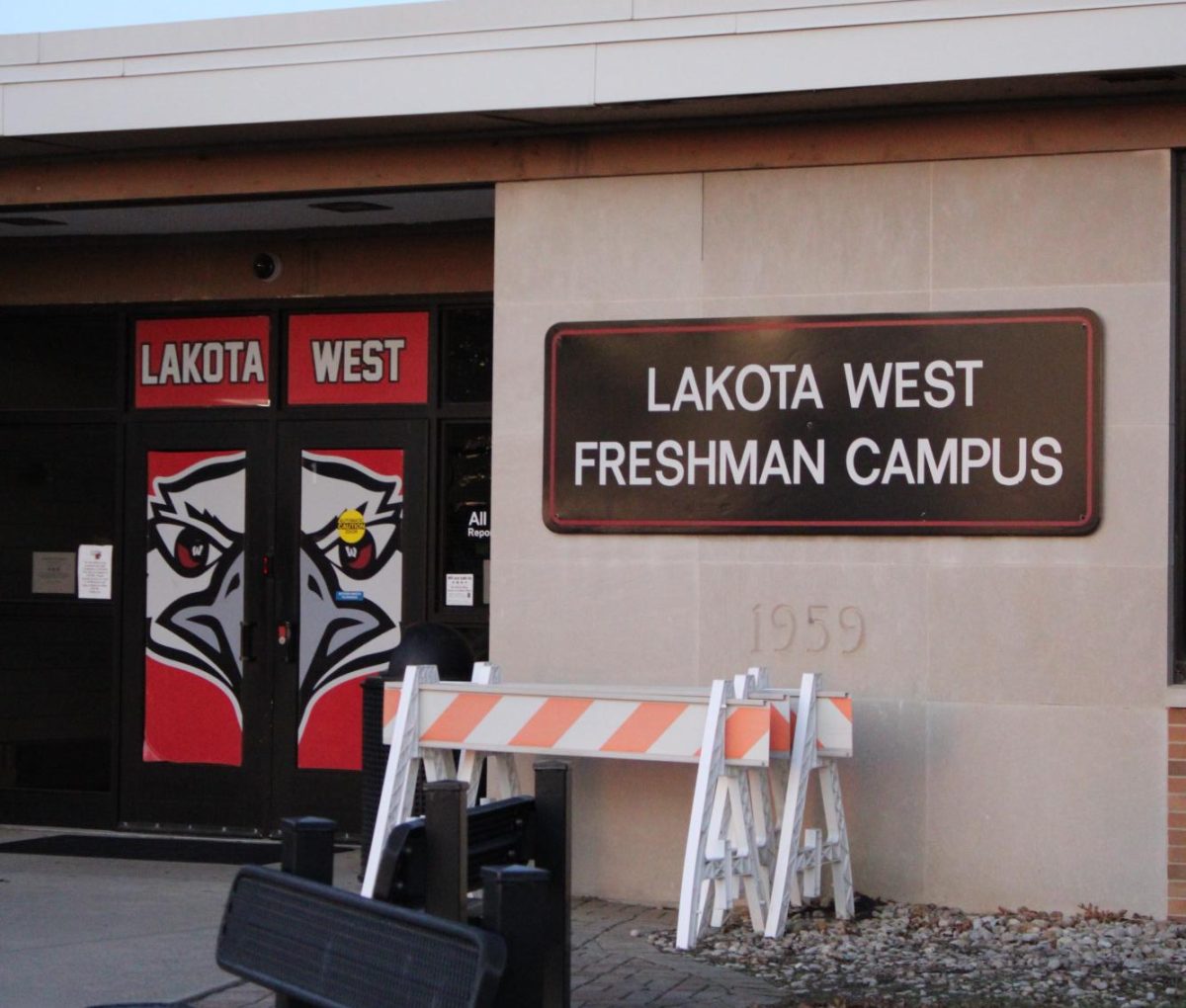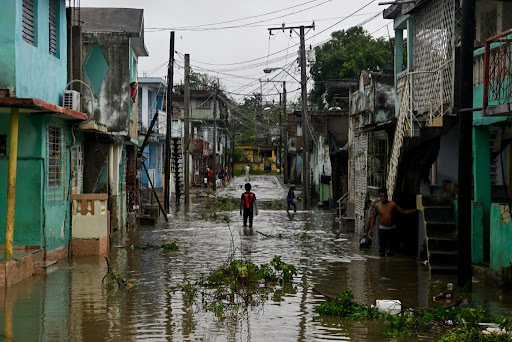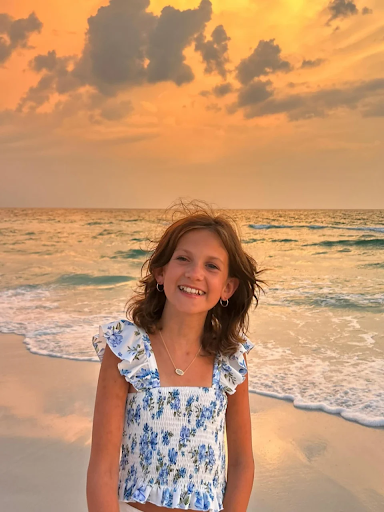
Most people view the holidays as a nice and relaxing time to look forward to. A long break, tons of family time, no school, and just time to get away from the stress of normal life. Unfortunately, this is not always the case for people with a mental illness. Some people would actually consider the holidays as a period of painful loneliness, anxiety, and depression. It is proven that people tend to feel more of these symptoms during the time between Thanksgiving and New Year’s. But it’s important to know the difference between the “Holiday Blues” and your mental health actually getting worse.
Holiday Blues are when you tend to feel sadder throughout the months of November and December. Though sad, these “blues” are much less serious than a clinical mental illness but they cause a huge decrease in motivation and ability to function. The similarities between these two conditions are very similar. Some symptoms are difficulty concentrating, feeling irritable, exhausted, lonely, loss of interest in activities, and a withdrawal from spending time with friends and family. It’s very common to get the blues mixed up with a mental illness but it’s important to realize the difference.
Along with higher stress levels, the COVID-19 Worldwide Pandemic has also raised the number of mental illnesses due to the fear and anxiety from the spreading disease. It’s overwhelming for some adults and children, leading them to worry about what could happen. Although some actions are necessary to keep someone safe, things such as social distancing and isolation can make someone feel lonely. Especially being isolated for months and months without any social interaction with anyone other than your immediate family. This creates worry about your own health and the health of your loved ones and anything else that could be a problem. Both Holiday Blue’s and the Pandemic, can overall affect our daily lives and increase the amount of instability with mental illnesses.
Anyone can have depression at any age and any type of person. Depression affects about 16 million adults on average and 1.9 million children. It typically starts in your teenage years due to upsetting and stressful events. It’s a very serious thing that many people deal with on a daily basis. Always remember that you are loved and everything will work out in the end. If you don’t have a good day, just keep going because there’s always tomorrow. If things get really difficult, reach out to a mental health provider. Keep your head up, you’ve got this!


